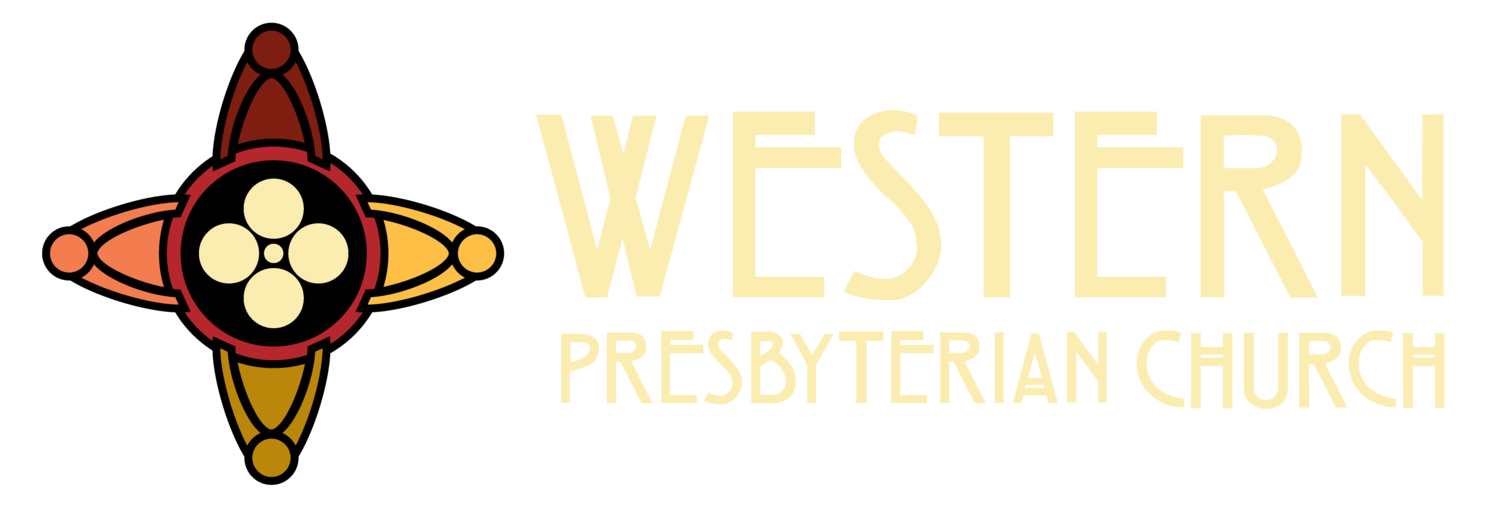Words from I-ACT: Vision and Conversation
Greetings from the Intercultural and Antiracist Change Team (I-ACT).
For the last several weeks we have asked congregational groups to share conversation with regard to our first vision statement. This Sunday, May 1 we are inviting all who wish to join us for conversation following worship. We’ll have two opportunities to join, one in-person and one on Zoom. If you want to join on-line, all you need to do is to stay on the link following the worship service!
As we get ready for Sunday, you’re encouraged to look at the vision statement and questions below. We hope you’ll spend some time in thought and prayer as we take our next steps towards the intercultural and antiracist future we believe God has in store.
Grace and peace,
The I-ACT
Phil Bennett, Ray Kim, Naomia Suggs-Brigety, Sara Parker
Rev. Laura Cunningham, ex officio
I-ACT Working Vision Statement
Acknowledging Western’s steadfastness of effort in addressing intercultural and antiracist issues…
We believe that God calls us and leads us into transformation and change; that God intends that we be in relationship with God and with all of creation; that God is gracious, welcoming even the most vulnerable just as we are; and that God calls us to welcome and celebrate the Stranger, the Other.
As a congregation, Western Presbyterian Church has long been called to a prophetic role of addressing the moral, social, and justice issues affecting the local, national, and global community. We reaffirm this prophetic role as we commit ourselves to learning new ways to be in communion with all in our community.
We believe that an antiracist, intercultural community is an essential spiritual practice - not a program to be implemented - that must be deeply communal and results in individual growth.
We are called to address and publicly condemn the cultural and racial barriers created by the hierarchical social order, found even within the church organization.
We acknowledge that as we take this journey together that whiteness has created barriers between those of different racial, cultural and gender identities. To overcome these barriers, different groups will need to do different work and not be held captive by fear, guilt or anger.
We are called to live in solidarity with those on the margins, the poor, the vulnerable, and those treated unjustly, for this is the only way any of us might know our fullness.
We hold that differences in race, culture, and gender are gifts that contribute to the vitality and growing faith of the community.
We are called to build authentic relationships—mutually transforming— to listen to all people who have been unheard and ignored, valuing their stories and hearing with new ears their lived wisdom. There is a place for everyone, and each person is a Child of God.
Transformation entails openness to repentance and forgiveness, and we will strive to create a community where, when racism surfaces, if it is followed by repentance and repair, there can eventually also be forgiveness and transformation.
We believe that to respect and value the uniqueness of every person and culture, we must examine our social and organizational practices.
We must educate ourselves as a congregation to better understand the power of white privilege and the value systems that sustain and uphold it. This is the work of the whole congregation, a necessary shift from I-centered practice to Other-centered practice.
It is the work of inclusion, justice, peacemaking--both “intercultural” work and “antiracist” work.
Questions to consider for I-ACT Vision Statement Conversation:
i. Based on what you have read in the vision statement what might be your dream for Western?
ii. What vision does this document create for you regarding how Western moves forward?
iii. In what areas do you see that Western should repent for past or present practice?
iv. Who are the people/groups within Western’s community that are often ignored/not considered in church activities or decision making?
v. How do you see yourself engaging with I-ACT?
